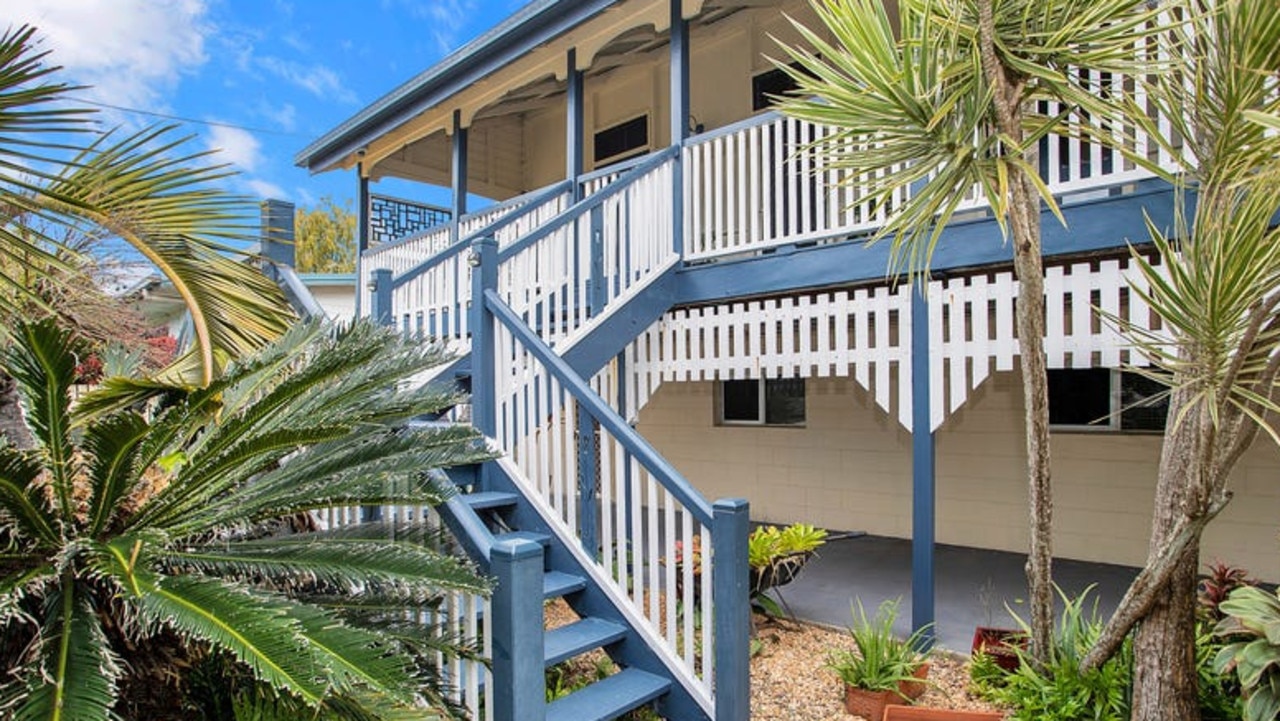Mackay doctors reveal for the first time the inside story of saving lives on Qld’s COVID ships
Two Mackay doctors have spoken for the first time of their death-defying work in saving thousands of regional jobs by working on COVID-19 coal ships.
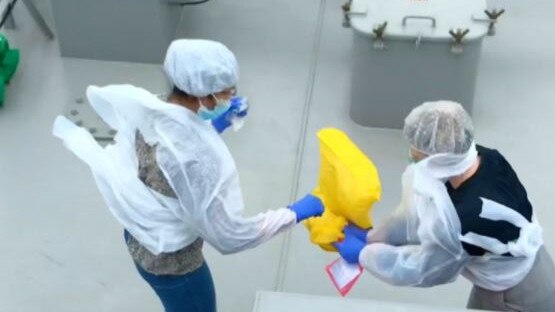
Mackay
Don't miss out on the headlines from Mackay. Followed categories will be added to My News.
A Mackay couple who selflessly put their lives on the line to help their community and Queensland's economy say they were simply fulfilling their ethical obligation to do what needed to be done in the face of crisis.
At the start of last year's COVID-19 pandemic, the local port authority and harbour master approached GP Dr John McIntosh and his wife Elizabeth McIntosh with a request that others before them had refused.
They were asked to test crew members for COVID-19 on coal ships docked off Mackay's coast so coal produced in the region could be picked up and offloaded safely without spreading the virus.
Their incredible story of compassion, selflessness and a willing to go beyond the call of duty is one they have not shared with the broader public, until now.
Dr McIntosh said many other avenues had already been exhausted when they were asked to step in.
"We knew how important it was for the economy, because if the coal ships couldn't dock and couldn't offload coal, the whole economy in the region would be devastated," he said.
Dr McIntosh was aware of the danger involved, including potential infection and even death, but decided to press on anyway.
"(As a doctor) that's what we're there for," he said.
"If there's a disease, we have to use our knowledge, protect ourselves and help the people who are sick."
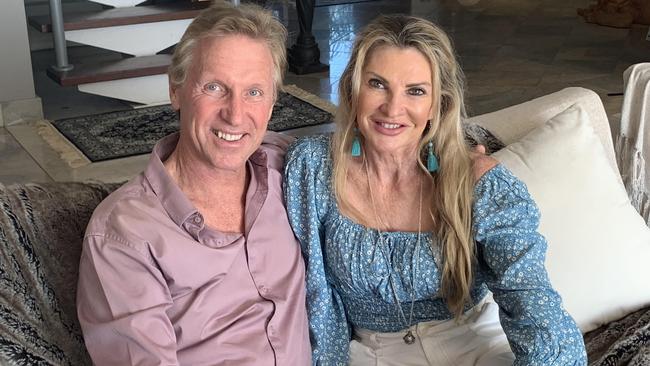
From April to October 2020, John and Elizabeth tested crew members on coal ships docked offshore in the Mackay Whitsunday region.
The ships were not allowed into the ports until the couple had tested the crew members and given them clearance.
When the couple first began testing crew members, little was known about COVID-19.
Panic and fear over testing for the virus, even within the medical community, was at its peak in the beginning.
"We were doing it at a really big risk to ourselves for the sake of the community, because nobody else would do it," Elizabeth said.
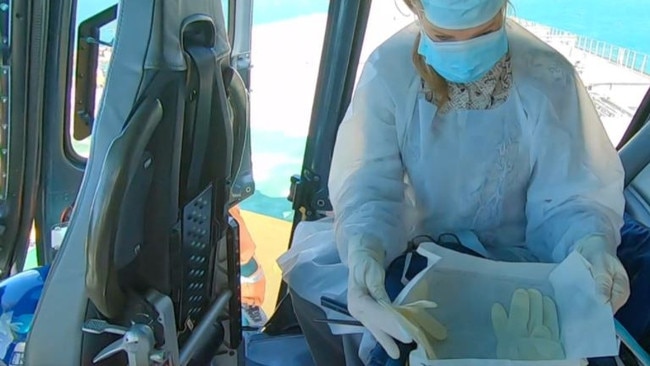
The couple completed several missions over seven months to test dozens of crew members - including some who were infected with COVID-19.
"I thought, if I'm not prepared to do it, I shouldn't ask one of our staff to do it," Elizabeth said.
"We were doing it because it was part of our obligation to our own community.
"When we got on those ships, (the crew) were so appreciative and so relieved that someone would put themselves out there and care enough about them.
"They were frightened of COVID and in another country."
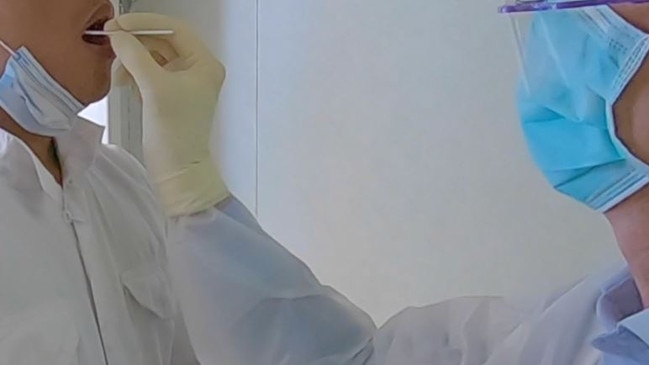
Unexpected challenges
The most high-risk mission for John and Elizabeth came when an Indian ship docked offshore with a deceased person on-board who was feared to have died of COVID-19.
Dr McIntosh was tasked with examining the body, assessing the potential cause of death, and testing the other crew members for the virus.
He said the crew were extremely distressed over the death, which was compounded by their fear of COVID-19.
After a delicate mission, it was determined the deceased person had died of a condition unrelated to COVID-19.
The couple had also not prepared for the 30 knot winds whipping through the ship's deck while they were trying to contain their personal protective equipment.
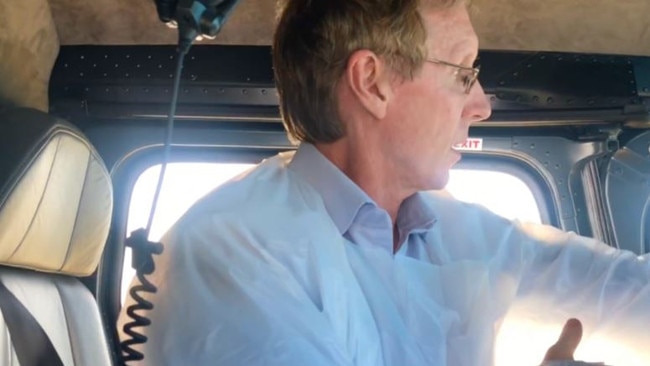
More stories:
PHOTOS: COVID-positive ship crew arrives in Mackay
How two COVID-19 patients were removed from Mackay
How did they do it?
John and Elizabeth were flown to ships docked offshore via helicopter from Mackay Airport.
They changed into full PPE before getting on the ships.
Once they stepped on the ship, the crew members stood in a row and were tested individually, which involved a nose swab and throat swab.
The swabs were put into specimen containers and waste was emptied into a plastic contaminated bag.
The tests were then sent to a pathology lab.
"The hardest thing for us was always getting out of our contaminated gear and packing all the gear into the bag without cross-contaminating anything," Dr McIntosh said.
After testing, the couple washed their hands each time they removed a layer of PPE.
They sprayed themselves with disinfectant afterwards.
"The helicopter pilots at first were quite spooked," Elizabeth said.
"They really didn't want us to touch anything, even though we were dripping with antiseptic.
"But each time we went out, they relaxed more because they could see that we were taking a lot of care."
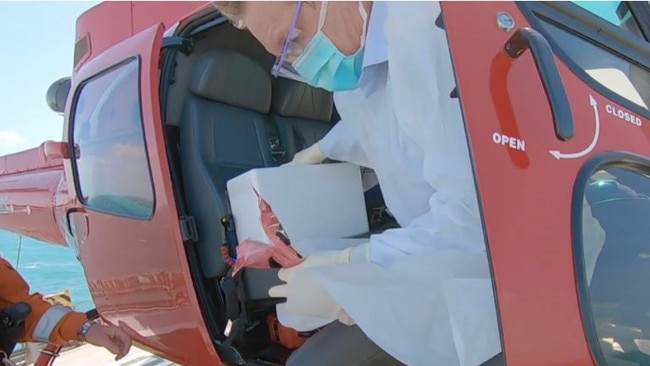
After they were flown back to Mackay from the ship, the helicopter also had to be thoroughly cleaned.
Since setting up the system, the couple have trained other doctors to perform the ship tests.
These days, they offer advice to teams conducting the testing and help out when required.
Despite being on the frontline in fight against COVID-19, neither John nor Elizabeth have tested positive to the virus.
They put this down to the system they developed and following strict social distancing and hygiene practices.
Subscriber benefits:
How to activate your free Courier-Mail subscription
How to get Daily Mercury news straight to your inbox
Your dose of Harry Bruce cartoons
Originally published as Mackay doctors reveal for the first time the inside story of saving lives on Qld’s COVID ships


